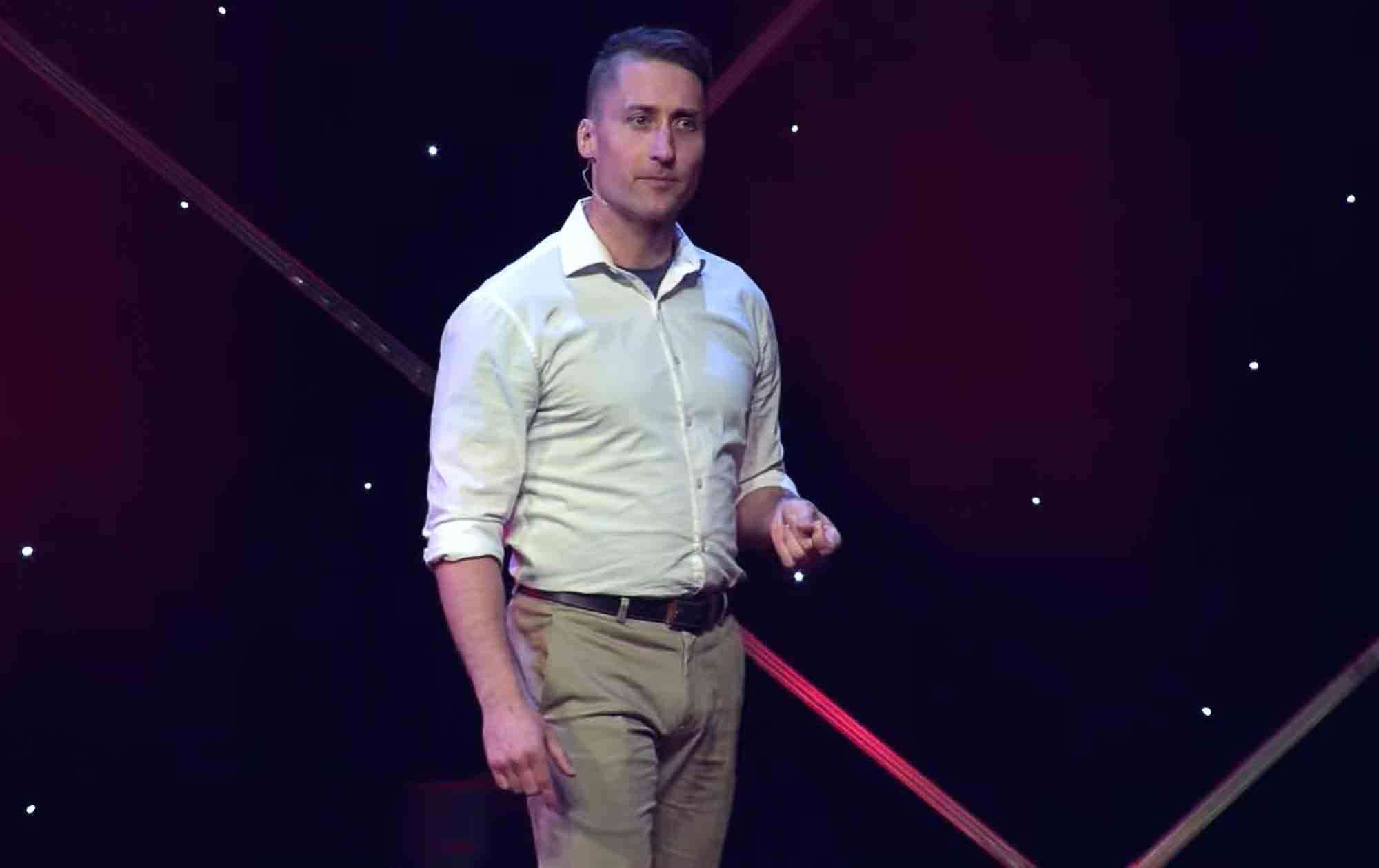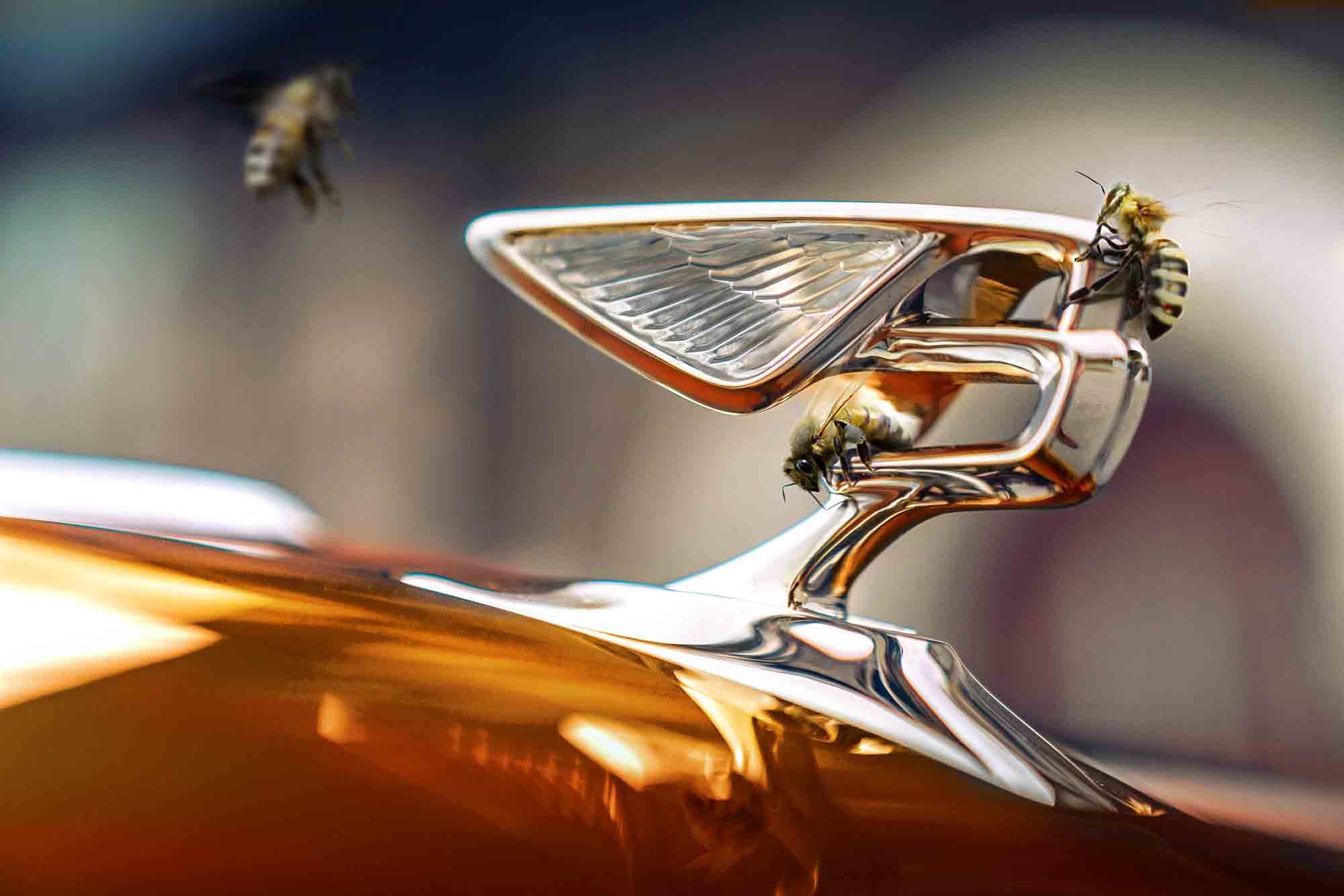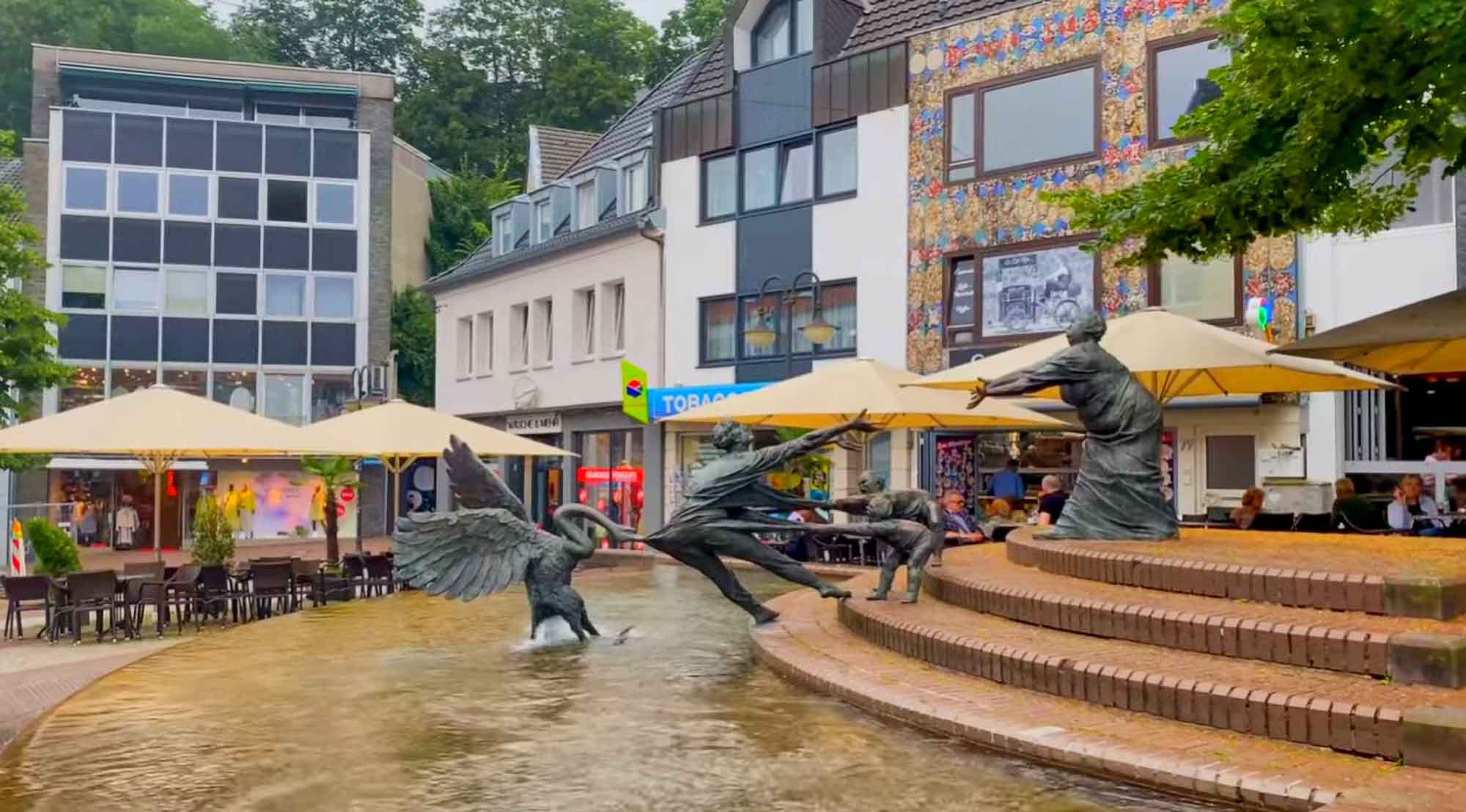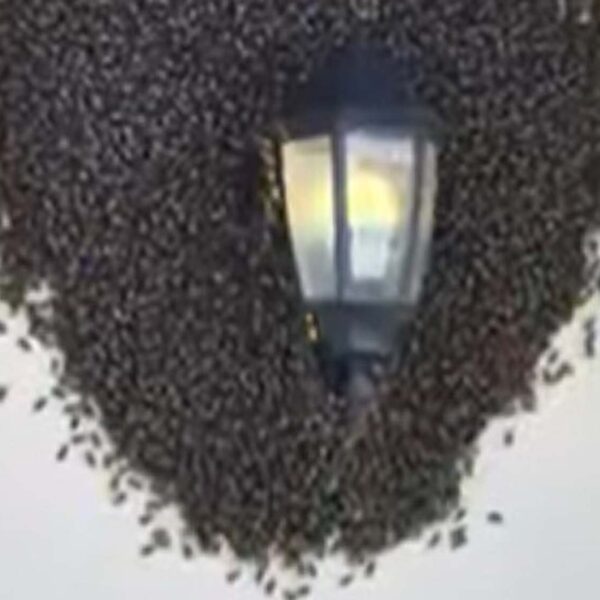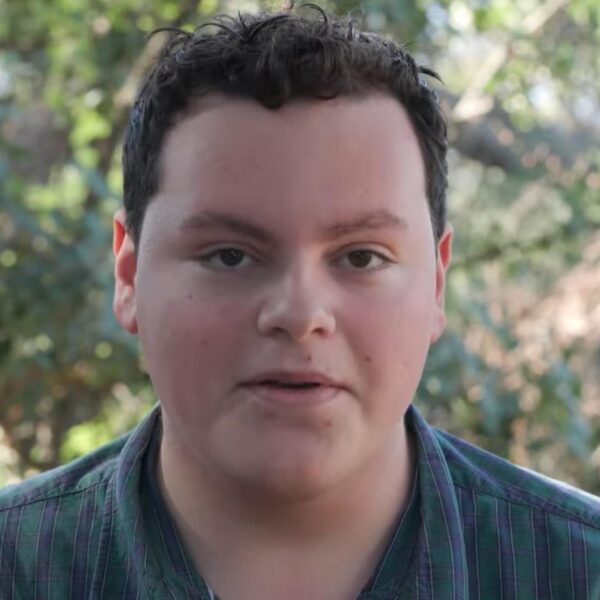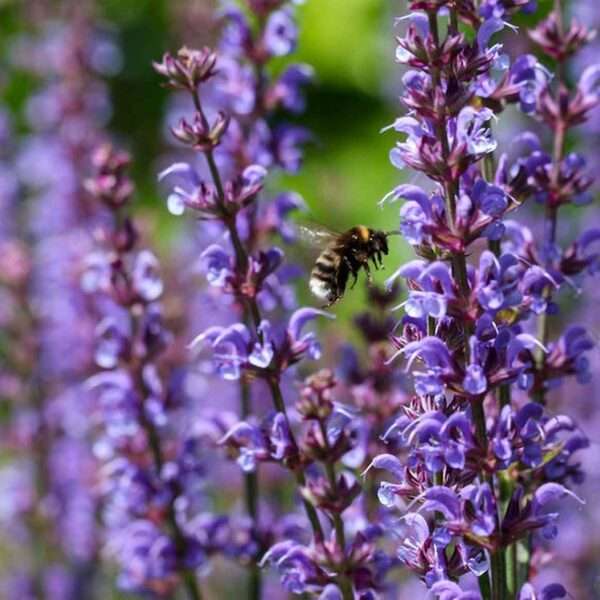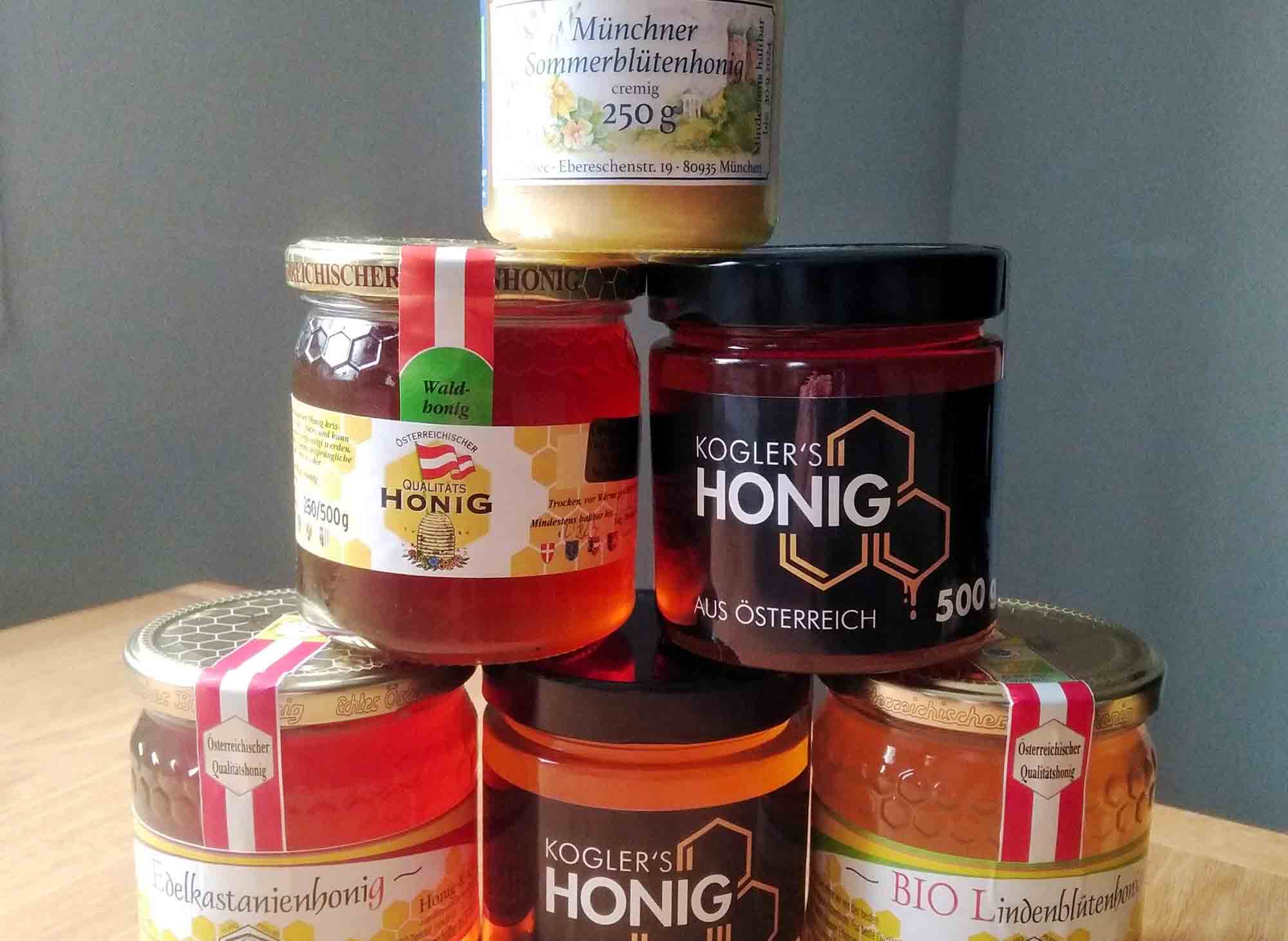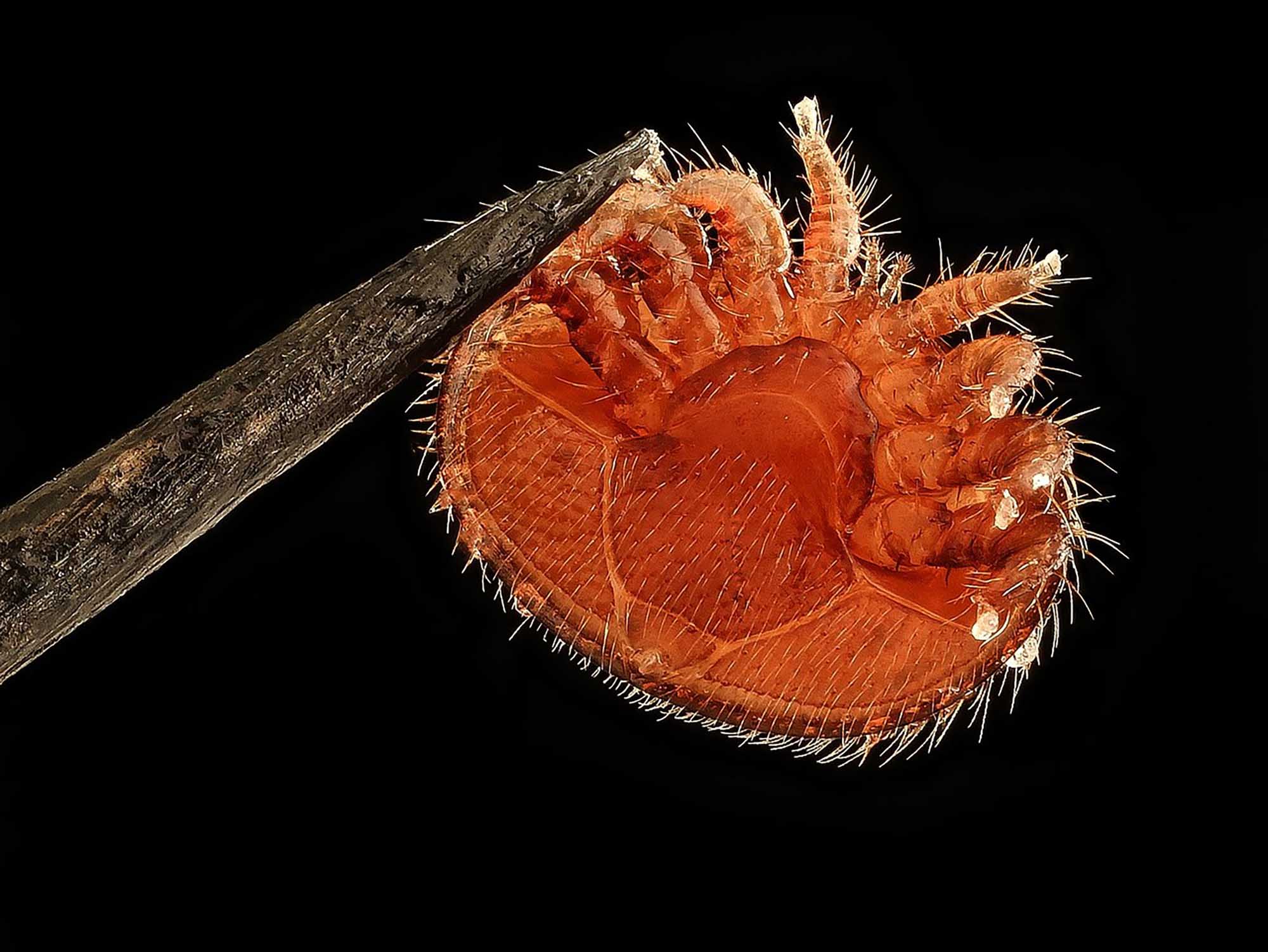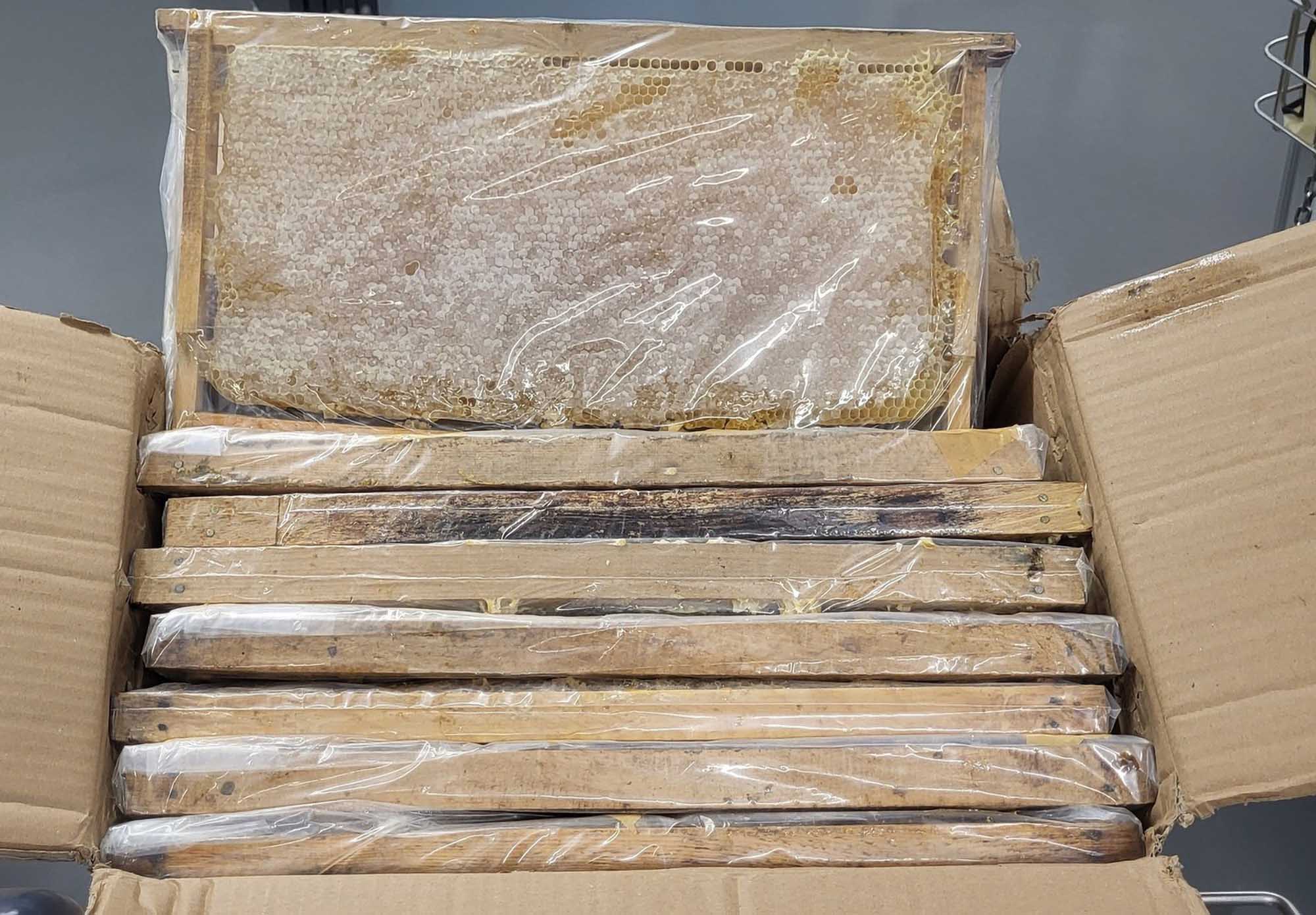Homeowners keen on supporting pollinators should ensure a rich variety of plants when it comes to their blooming period, according to a leading biologist.
Dr Charles van Rees is an assistant research scientist and member of the graduate faculty at the Odum School of Ecology at the University of Georgia in Athens, Georgia, in the United States.
Speaking about the importance of supporting local ecosystems, Dr Van Rees told housedigest.com: “By planting a range of flower species that bloom at different times throughout the spring, summer, and fall, you can do a lot to bring bees to your yard and keep them happy and healthy.”
The researcher underlined that results would soon be visible if eco-minded homeowners set up some wildflower beds in their backyards.
Dr Van Rees suggested the creation of nesting spots in the backyard to make sure solitary bees like leafcutter bees and mason bees feel comfortable.
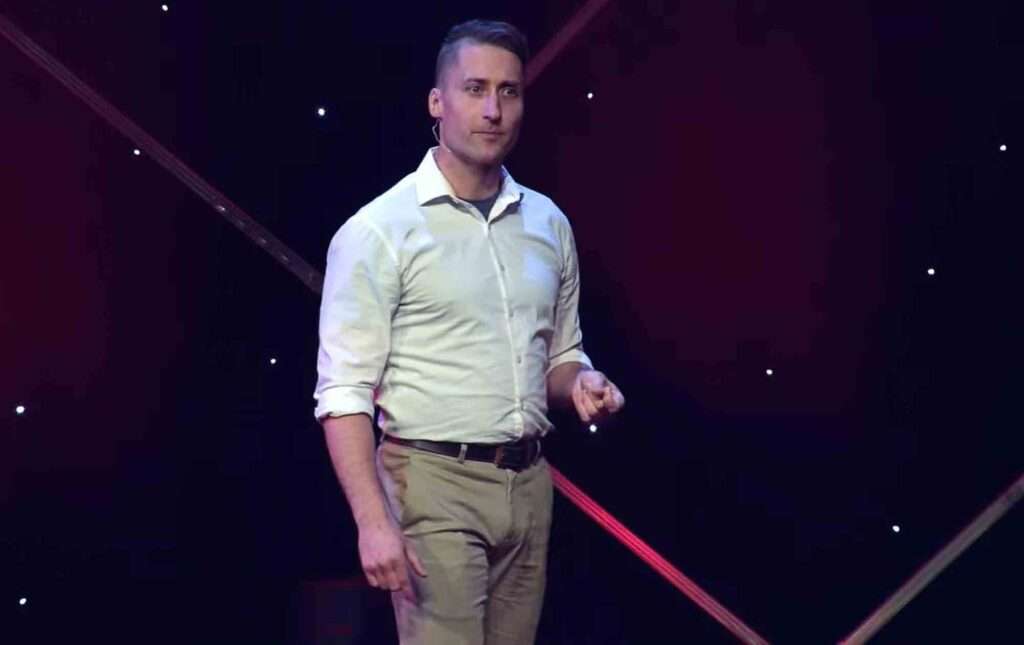
He explained: “If a pollinator can get flower nectar in your yard, but also other food sources, a place to sleep, or even to build a nest and raise babies, they’ll be more likely to show up and hang around.
“Using a bee hotel or a pile of rocks or firewood to provide a nesting habitat will go a long way in attracting bees. Butterflies and moths, meanwhile, need host plants on which to lay eggs.”
The former Fulbright Early Career Scholar Award recipient urged homeowners to abstain from applying pesticides.
Dr Van Rees said: “Insect pollinators are sensitive to herbicides and pesticides, and will be wiped out quickly if you rely on these chemicals to control pests. Look for more sustainable alternatives whenever possible.”
The conservation biologist emphasised: “Pollinators are globally important. Without them, our ecosystems and, importantly, our agricultural systems, would come to a grinding halt.”
Dr Van Rees added: “By taking some simple steps in your own garden, you can invite more pollinators to your outdoor space. By doing this, you’ll not only get to enjoy watching beautiful and interesting animals from the comfort of your home, but you’ll also be doing your part to support your local wildlife.”

